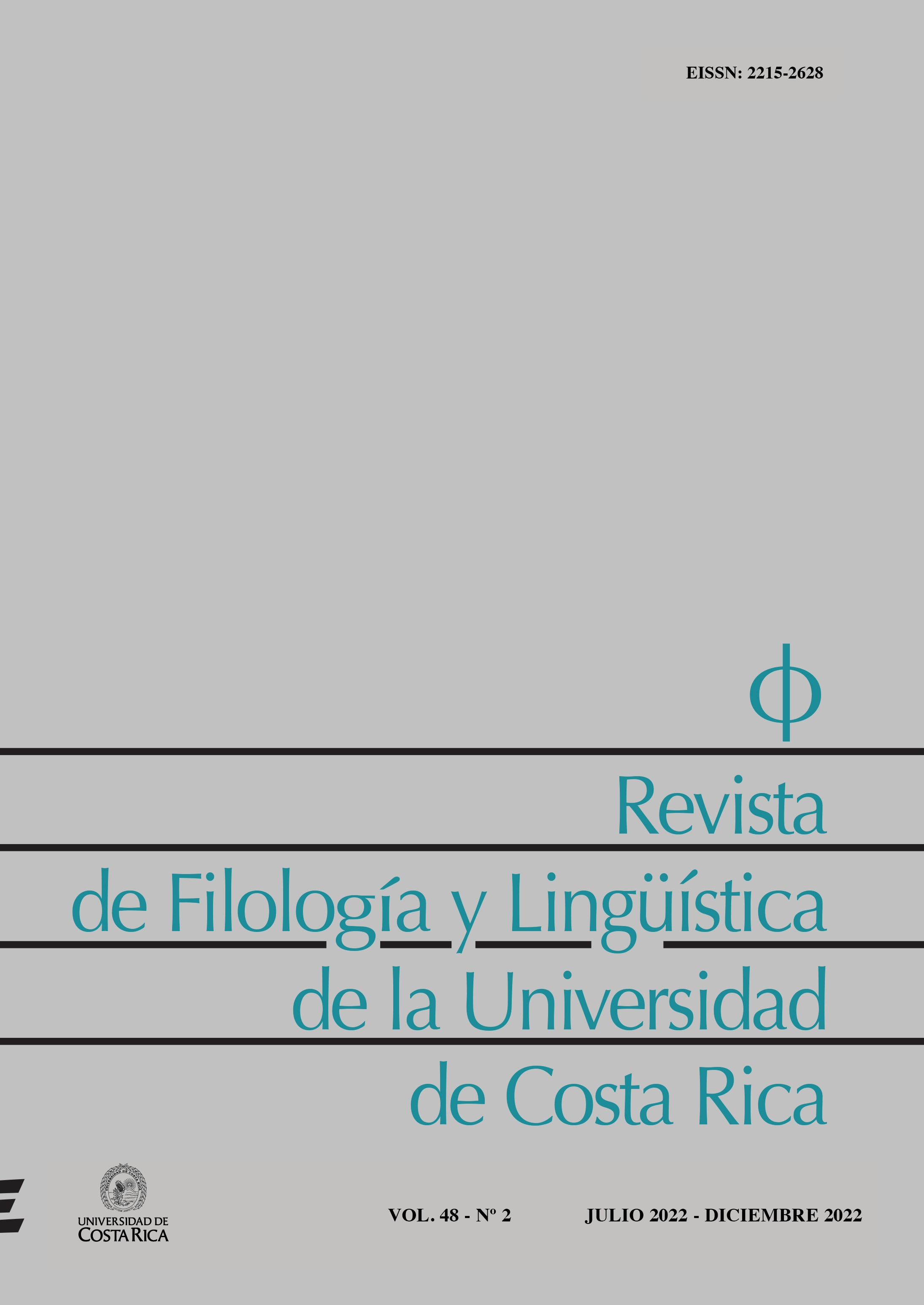Abstract
Senegalese writer Ousmane Sembène has devoted special attention to the phenomenon of immigration and the figure of the migrant. His novels and short stories denounce the situation of social exclusion in which Senegalese migrants find themselves within the society of former French colonizing power. Sembène criticize, among other things, the social representations and the social mechanisms implemented to make migration possible. He therefore emphasizes the dangers of migration because the migrant's experience is traumatic. The migrant is the object of incomprehension, mistrust and hostility from the new society which will end up destroying his identity by upsetting his beliefs, his acquired convictions, his received ideas, his own sensitivity, his affinities and his life in short.
References
Bestman, M. (1974). L’esthétique Romanesque de Sembène Ousmane. Littérature négro-africaine, (7), 395-402.
Deming, M. (1962). One Hundred Million Frenchmen: The Assimilation Theory in French Colonial Policy. Studies in Society and History, (4), 129-153.
Diop, M. (1993). L’immigration ouest-africaine en Europe. Études Internationales, (24), 111-124.
Laurens, S. (2008). 1974 et la fermeture des frontières. Politix, (21), 69-94.
Maalouf, A. (1998). Les Identités meurtrières. Paris: Grasset.
Micolta, A. (2005). Teorías y conceptos asociados al estudio de las migraciones internacionales. Revista de Trabajo Social, (7), 59-76.
Morán, F. (1971). Revolución y tradición en África Negra. Madrid: Alianza Editorial.
Nelson, S. (2017). Out of Place: Migration, Melancholia and Nostalgia in Ousmane Sembène’s Black Girl. En R. Conduru y C. Mattos (Eds.), New Worlds: Frontiers, Inclusion, Utopias (pp. 56-70). Sau Paulo: CBHA.
Parascandola, L. (2009). What are we blackmen who are called French? The Dilemma of Identity in Oyono’s Une vie de boy and Sembène’s La Noire de... Comparative Literature Studies, (46), 360-378.
Sembène, O. (1962). Voltaïque. Paris: Présence Africaine.
Sembène, O. (1966). Le Mandat. Paris: Présence Africaine
Sembène, O. (1973). Le Docker Noir. Paris: Présence Africaine.
Sembène, O. (1987). Niiwam. Paris: Présence Africaine.
Tizón Garcia, J., Salamero, M., Pellejero, N., Sainz, F., Atxotegi, J., San José, J., Díaz-Munguira, J. M. (1993). Migraciones y Salud Mental. Barcelona: Promociones y Publicaciones Universitarias
Varela, H. (2001). Un fenómeno en expansión: la inmigración ilegal africana a Europa Occidental. Estudios de Asia y África, (36), 329-340.


